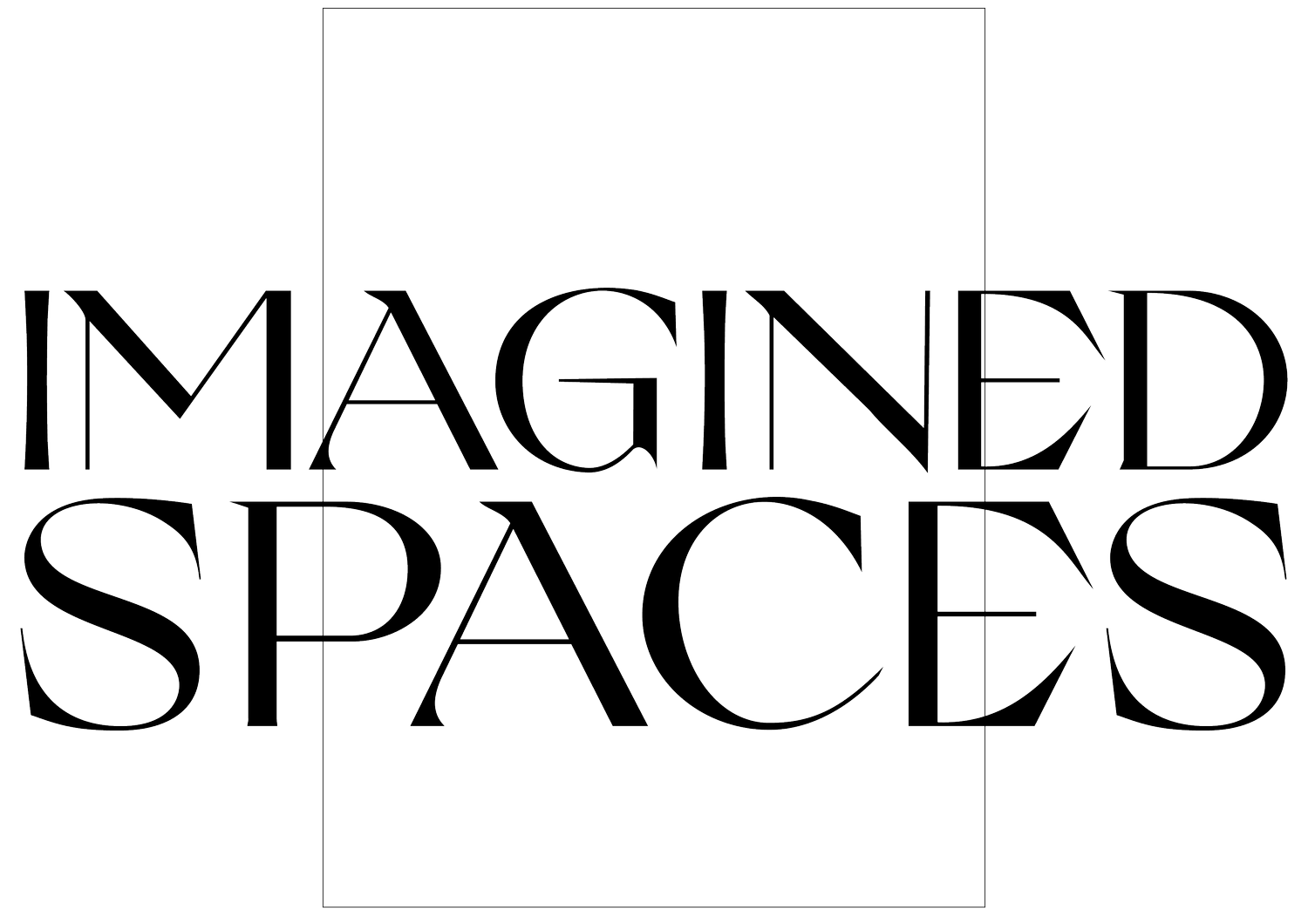A Conversation with Manas Ray
Manas Ray is a liberal studies scholar and writer. He has held international teaching positions in the UK, The Netherlands, Germany, France, Australia, and South Africa. This diversity and depth of experience naturally lends itself to his academic interests which range from Foucault, to Bollywood, to disaster migration.
In his newest essay, ‘Limbo Times: Pages from the Covid days’ on this website, Ray explores how precarity transforms the reality of our daily lives into something else. Confined by the lockdown to his room in Kolkata, he writes that he has “indeed become addicted to the smallness of things. The narrowest house, the smallest shadow, the cigarette kiosk, now closed…” With this confession, he goes on to explore what this spatial constriction means for his imagination. Everyday objects—the clock, the dopati blossom—assume a new meaning and life and are made unfamiliar by this rare twining of close attention and unfettered imagination. He tells me during our conversation, “I have a new appreciation for how the surreal can never be fully removed from the real. And how this is most apparent during times of precarity.”
Below are edited excerpts from our conversation.
On student life, New German Cinema and aesthetics…
When I was at university doing my M.A. and M.Phil., which was at JNU (Jawaharlal Nehru University) in New Delhi in the 80s, we used to watch loads and loads of German films. The reason being that on-campus politics didn’t attract a few of us … Also, at the time New German cinema was huge- Fassbinder, Wenders, Herzog, and Alexander Kluge.
In the process, I fell in love with Alexander Kluge, his mode of making films, and his understanding of the world. As you might know, Alexander Kluge is not only a filmmaker, but also a critical theorist, and a story writer.
On aesthetics, inspiration and Alexander Kluge…
If you ask me about my aesthetics Guru – I’d answer Alexander Kluge!
But how much does this reflect in my own creative writing? I don’t know! My axis spans from Kolkata to Kluge – on whom I’ve also written extensively. Kluge is great at giving simple, terrible, examples from life. It is an important motif for him - showing how what we call private is intimately connected to the public.
So, I understand a lot of what is happening in our own postcolonial context from him. I do not know to what extent I have applied it but if you ask me who my Guru is – it’s Alexander Kluge.
On how this aesthetic and these politics reflect in his own post-Covid writings…
The reason I took up this writing was pragmatic. I was editing books on Indian democracy. Then, because of Covid, the publication house was shut down. In order to make the book contemporary I thought of writing two essays – one on disaster migration, which includes Covid migration, and another on climate migration. The second essay would be a diary, a scroll held up to time, to serve as a commentary.
The interesting thing was I didn’t even know if I would be alive the next day to carry on with my writing! I think this is the ultimate tryst with history that one can make. Today you’re writing a section on death, loss and grief. Tomorrow, you don’t know whether you’ll be there!
It gave me a sense of being in Berlin in 1989 – before the wall came down. I was there for research. And I loved Berlin then for a simple reason – it was in a limbo. When I stood on my balcony, I could see across the border. It was a feeling of being unanchored. That got back to me. Covid, like any other precarity, made me look deep into my daily regimen, and the way we live without questioning.
On the interaction of the real and the surreal…
At one point, I write about how I was cleaning my room only to realize that I am a prisoner of symmetry. There were so many circles that surrounded me – the table lamp next to my bed, the wall-clock, etc. I was also a prisoner to squares, rectangles and what-have-you!
I have a new appreciation for how the surreal can never be fully removed from the real. And how this is most apparent during times of precarity.
On creative anxiety as an existential condition for great writing…
Serious writing is a tightrope walk. A great writer prefers to be anxious. Your position, your location has to be existential. There are many neo-liberal ways, marketing strategies to spoil that. And one of the gorgeous ways to spoil a writer, as well as the act of writing, is to make writing one hundred percent performance, or merely entertainment. I don’t believe in that kind of writing.
I believe in writing which is a dialogue with yourself. I’m trying to realize that in my own practice.
I saw a photograph of a young girl on Facebook. She had one hand on her desk, on the other hand, she rested her head. The caption simply said, “I’m having a bleak day.” So even having a bleak day becomes a display. Just reaching the camera and taking a photograph of oneself, or with one friend, and gives you a selfie. A selfie is a creation that thrives only in dissemination!
On readers…
A serious writer may have fewer readers.
That said, when it comes to readers – what matters is the right reader not the number of readers. The reader, in reading, not only discovers the novel for herself but also rewrites the novel in an original way.
It becomes a continuous act of creation.
